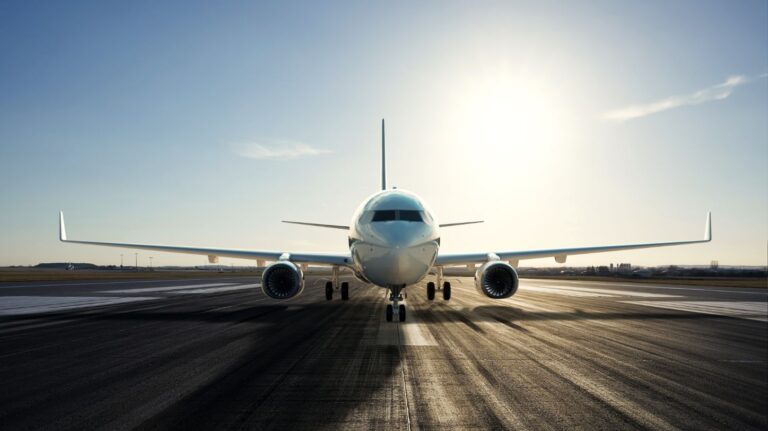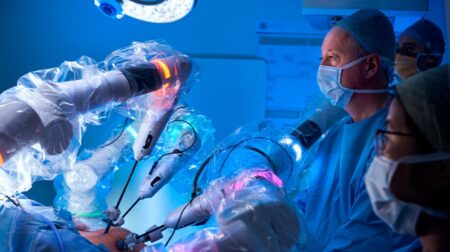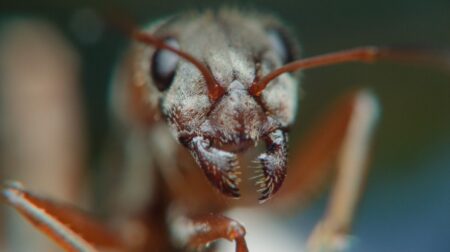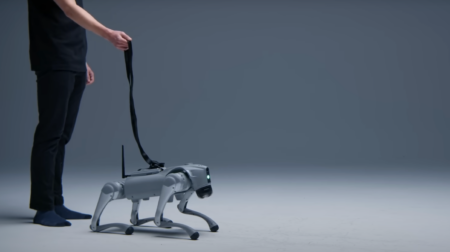Ultima Forma, a technology company based in the UK, has partnered with collaborative robotics, to address a major challenge in aviation: achieving net-zero emissions.
The collaboration aims to combine robotics and advanced materials science to support the development of alternative-propulsion technology, with a target implementation as early as 2035. The long-term goal is to help reduce global CO2 emissions by up to 4%.
One key aspect of the partnership focuses on the potential of liquid hydrogen fuel as a solution to mitigate aviation’s environmental impact. Liquid hydrogen, however, presents significant challenges due to its need for storage at extremely low temperatures of below -250°C.
The materials used in storage tanks must be both strong and ductile at these temperatures while remaining lightweight, which is essential in aerospace applications where every kilogram counts.
To address this, Ultima Forma has developed a multi-layer material solution, combining very thin layers of different metals to optimise the material’s strength at low temperatures. Achieving the required precision in this process is crucial, as it must be done with accuracy for each layer.
Universal Robots contributes to the project by providing its UR10e robotic arm, which allows Ultima Forma to control the deposition of metal with precision up to 0.1 millimetres per step. This level of accuracy is difficult to achieve with human labour alone, making the robotic solution integral to the success of the project.
Join more than 11,000 industry leaders at Robotics and Automation Exhibition on 25-26 March 2025, at the NEC Birmingham to explore cutting-edge technologies, connect with peers and discover the latest innovations shaping the future of warehousing, manufacturing, engineering and logistics. Register for free now to secure your place at this premier event!








